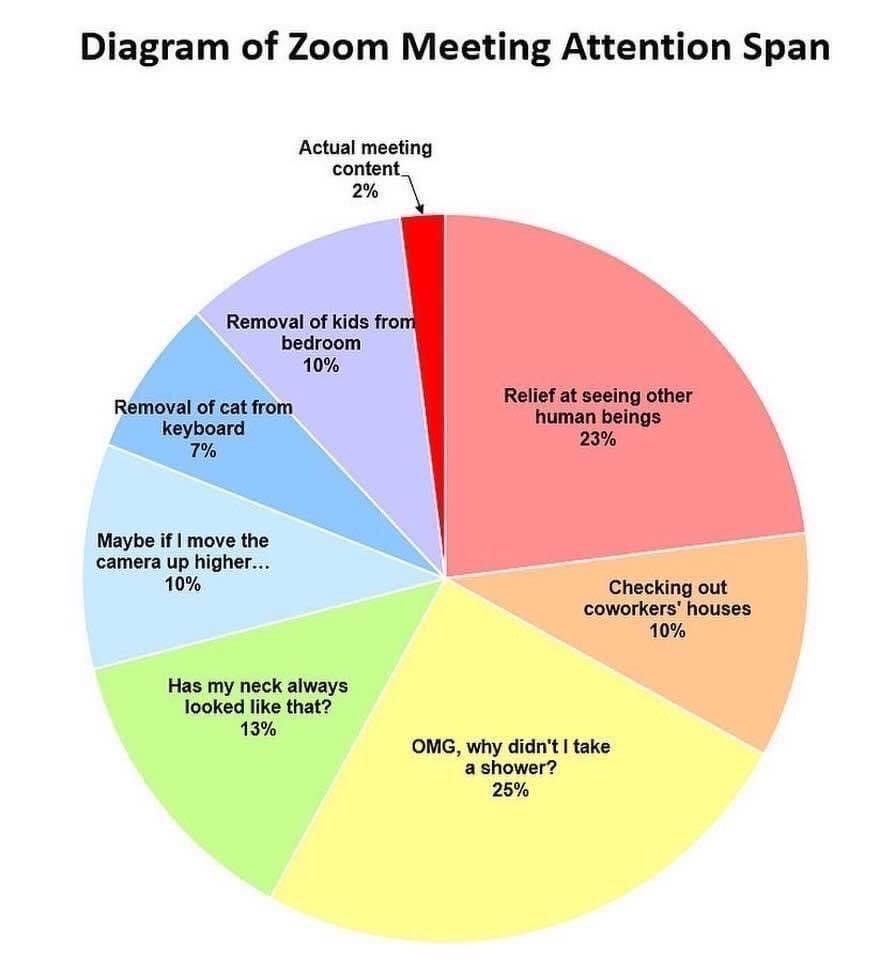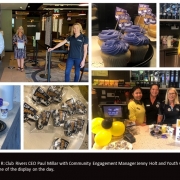WORKING FROM HOME…LIKE A BOSS
Working from home is not as easy as it seems. “Working from home” is not the same as “doing work at home” on a weekend or in the evening. There are so many distractions in the home that are totally different to the ones you come across in a work environment. If you can get your act together you can achieve so much solid strategic planning and operational project planning that it will be worthwhile… if you can use the time properly. On the “cons” side, there are those distractions!
As someone who has been working from a home office for 16 years, here are a few tips on making the day an effective one:
1. Stick to a routine start time
Being able to sleep in a little because you don’t have to travel through traffic is a plus. For some people feeling active and healthy and going for a walk helps them start their day right, but personally, I wouldn’t swap that extra hour in bed for anything.
Most importantly though, however you choose to wake up and start the day, the day starts at a routine time for you. That may be 7am if you are a morning person or 10am if you are a night-time person but stick to a routine time.
Anyone who has flown from Sydney/Brisbane/Melbourne to Perth understands that your body clock can be affected by even a 2-3-hour adjustment, so the routine helps overcome that mid-afternoon lethargy.
2. PJs just don’t cut it!
Part of that routine is “getting ready” for work so that you feel like you are at work. Get out of your pyjamas, have a shower and dress in day clothes, even if it’s just track pants and a t-shirt, have breakfast and grab a coffee. This helps switch your mind into work mode.
3. Plan the day and time it out
The first order of business is to go through your emails and plan your tasks/projects for the day.
Most of us can scoot through a normal workday without this, jumping from task to task, mostly on an ad hoc basis, but if you are working from home that planning really helps. Estimate how long tasks will take you to complete and break them up into workable blocks of time.
I use a prioritised task list, and tasks get added to my calendar, mixed up into 1-hour blocks that are the priorities for the day. If they don’t get done, they are moved to the next day’s calendar before other tasks are loaded. I try to prioritise harder stuff in the afternoon because that’s when my concentration is at its highest.
When you break up tasks into time blocks, rather than project blocks, you can actually tick some off the list, so you feel like you are kicking goals at the end of a day.
You just have to work out what suits you and make it a routine.
4. Timing of tasks
This was the biggest change I noticed when working from home compared to working in an office and is particularly relevant to the club/hotel industry. In an office environment you get distracted a lot by staff and colleagues wanting to discuss issues, preparing strategy, completing operational planning, just having a chat working through options with you, or having to drop everything to fix something.
Without knowing it, this breaks your daily tasks up into smaller jobs, with greater variety. Even though we complain about it in an office when you go home feeling like you haven’t achieved anything, in fact, these changes and adjustments are what makes your work more interesting.
The biggest thing I learnt about working from home is that without these natural breaks you tend to concentrate for much longer periods of time on your projects. Projects can get tired and boring quickly when you have spent 5 hours solid on one job and you are only halfway through it.
You will struggle to complete your work when you don’t take any “brain breaks”.
What tends to happen is that when your mind wanders and you get bored… well, there’s Google, just sitting there waiting for you to decide you really do need a new pair of trackpants and a half case of good red now that you are working from home.
I prefer to work for an hour on a project, and spend the following 30 mins doing smaller jobs, such as answering emails, completing phone calls, or researching – things you can tick off that list. And then get back into something bigger, and if possible, something different, for the next hour.
Switching work throughout the day adds variety and gives you a fresher outlook on big work projects when you come back to them
5. Kids
Many managers are currently home-schooling kids. Just like the internet, ducking out for stuff, emails and phone calls…. kids are distracting in your work environment. If you use the ‘task time block’ system described in #3 and #4 above, time with the kids can be scheduled into your day. When they go back to online school after the holidays, set your bigger 1-hour task time blocks to match their school time schedule.
6. Pick a variety of workspaces
Most articles you read on working from home tell you to set up your work environment at home as a reflection of your workspace in the office. I don’t think that works well for club/hotel managers and industry suppliers because we are used to moving through several workspaces each day, rather than just sitting at a desk.
It adds to the variety if you can change to a few different places when working from home. Each time you change to a new task, move to a new space. Make the lounge the space for phone calls or emails so you are relaxed, and the desk or table the space for project and planning work. Just make sure they are well-lit so that you are less likely to get sleepy. “Nana naps” are not on either…just like PJ’s
7. For CEOs, remember managers need positive reinforcement
In an office environment positive feedback on work is common, in conversation and in meetings. When you aren’t working face-to-face with colleagues you can often forget to congratulate managers and colleagues on a job well done. When people don’t get that positive reinforcement, they can feel like they are floating around with no direction, completing tasks that are really not important.
Many workers are more motivated by a thank you and an acknowledgment that their work is important to the business, and they won’t get the same reward working from home unless you make a point of providing that feedback.
8. Emails
Emails are a big distraction when you are working from home. At work we get into the habit of answering them as they come in, but often we are emailing colleagues just to clarify something and save time having to talk about it. At home they can become all consuming. Set a few times each day (2-3 short blocks of time) to check them and answer anything that’s required.
9. Meetings should be more frequent and routine
It may be on Zoom instead of in the meeting room, but the normal weekly meetings should be at the same time and in the same format as they ordinarily are to encourage the routine.
However, in addition there should be more frequent meetings and communications. In a normal day we chat in the mornings about our work plans for the day just in conversation over a coffee, but you don’t have this when everyone is working from home. Adding a quick Zoom meeting each morning over a coffee ensures managers can keep up to date with what projects are being developed and their status.
Equally, people in hospitality tend to be very comfortable socialising and being stuck working from home can be very isolating for people in our industry. Having that social connection for some is vital.

10. You are at work!
One of the biggest time-suckers that puts you off concentrating on work tasks at home is when you are asked by family to “just pop out and get something”. If you wouldn’t pop out at 10:30am on a workday, don’t do it when you are working from home. Save it for your lunch break (yes, you need to have one… for Google), or leave it for after work hours.
It is really hard to get back into your work once you have been out when you are working from home, much more so than when you have ducked out of the office.
Our new work lives are not ideal with businesses fully or partially shut down but there are advantages and one of them is being able to really put some thought into strategies and planning that we often don’t have time for in a normal work environment. Particularly now, strategies for communications, promotions and gaming for a reopening should be the priority and will take some time to work through.
Working from home means you can really get into this work without interruption, if you are prepared to set up your proper work from home routine.
By Justine Channing – Cream Gaming & Strategy Specialist











